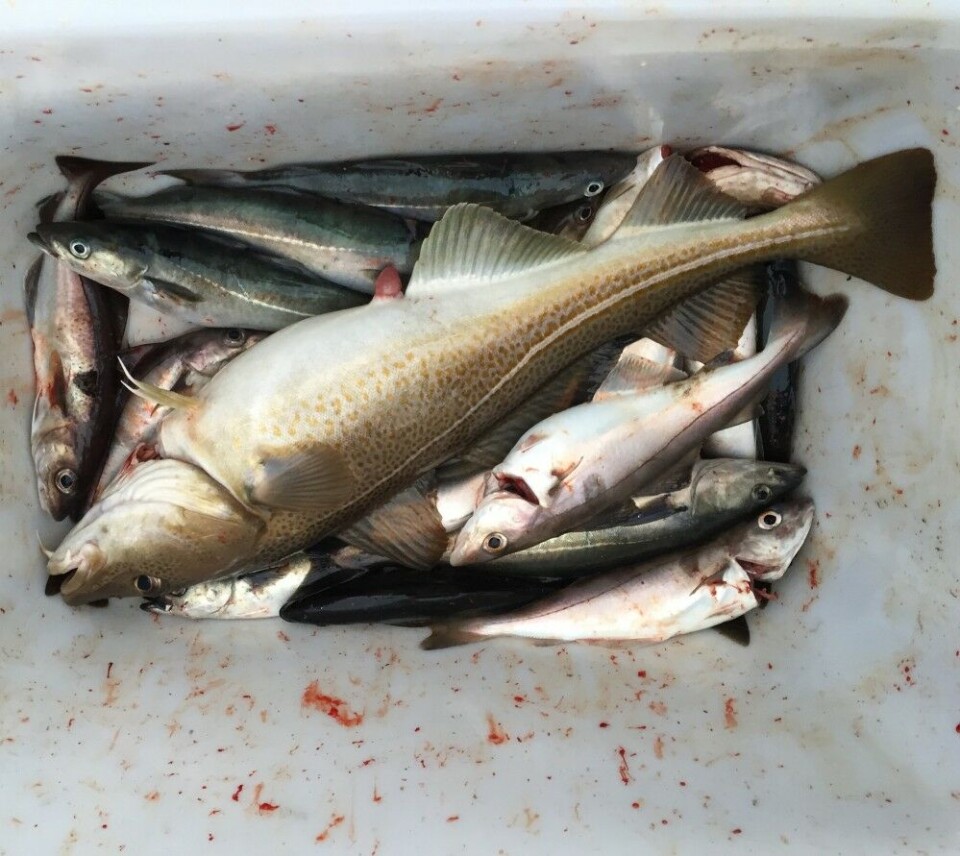
With radical Arctic change comes spawning cod in new northern waters
Researchers have never before seen spawning cod in the area of Jan Mayen.
p.p1 {margin: 0.0px 0.0px 10.6px 0.0px; line-height: 20.0px; font: 17.0px Georgia; color: #1f1f1f; -webkit-text-stroke: #1f1f1f; background-color: #ffffff}span.s1 {font-kerning: none}
«This is new knowledge for us,» says Bjarte Bogstad. He is marine researcher at the Norwegian Institute of Marine Research. It is the first time that spawning cod has been registered in the waters of the North Atlantic island.
«This can probably be connected with climate change and the warmer water,» Borstad says in a comment to the Barents Observer. He does not exclude that the coming of spawning cod to Jan Mayen could affect other species and prey in the area.
The discovery was made during a marine mapping expedition to the area by vessel «Geir-2». A researcher on board informs that cod stocks in the Jan Mayen waters now are on the level of areas with commercial fishing. Previously, there has been little cod around Jan Mayen and commercial fishing has been almost non-existent, the Research Institute informs.
According to Bjarte Bogstad, almost all the cod caught was between 70-100 cm long [and] much of it was spawning.
The discoveries around Jan Mayen are part of a the major changes now unfolding in northern waters. Major parts of Arctic waters are now several degrees warmer than just few decades ago and fish stocks are moving north.
A research paper was published last summer that showed how the northern Barents Sea is about to shift from an Arctic to an Atlantic climate.
«We see a similar atlantification of the sea to the north and east of Svalbard; less sea ice in the Arctic Ocean leads to less melt-water and thus the warm Atlantic water remains atop the water column for most of the year, staying entirely on the surface. It provides a larger ice-free area north of the Svalbard Archipelago and thinner ice further to the east,» Arild Sundfjord, an oceanographer at the Norwegian Polar Institute, told Fram Forum, a Norwegian research journal.
Sundfjord point out that the Atlantic influx brings nutrients with it which are necessary for the growth of phytoplankton and larger organisms such as copepods.
«This allows the fish which feed on such zooplankton to survive farther north. So it is not just the physical environment that is changing; the ecosystem is changing as well. Research shows that global warming has sent a number of fish species in the Barents Sea farther northeast, at relatively great speed. We really need to keep our eyes open and monitor what is happening north of Svalbard,» quotes Sundfjord.
















